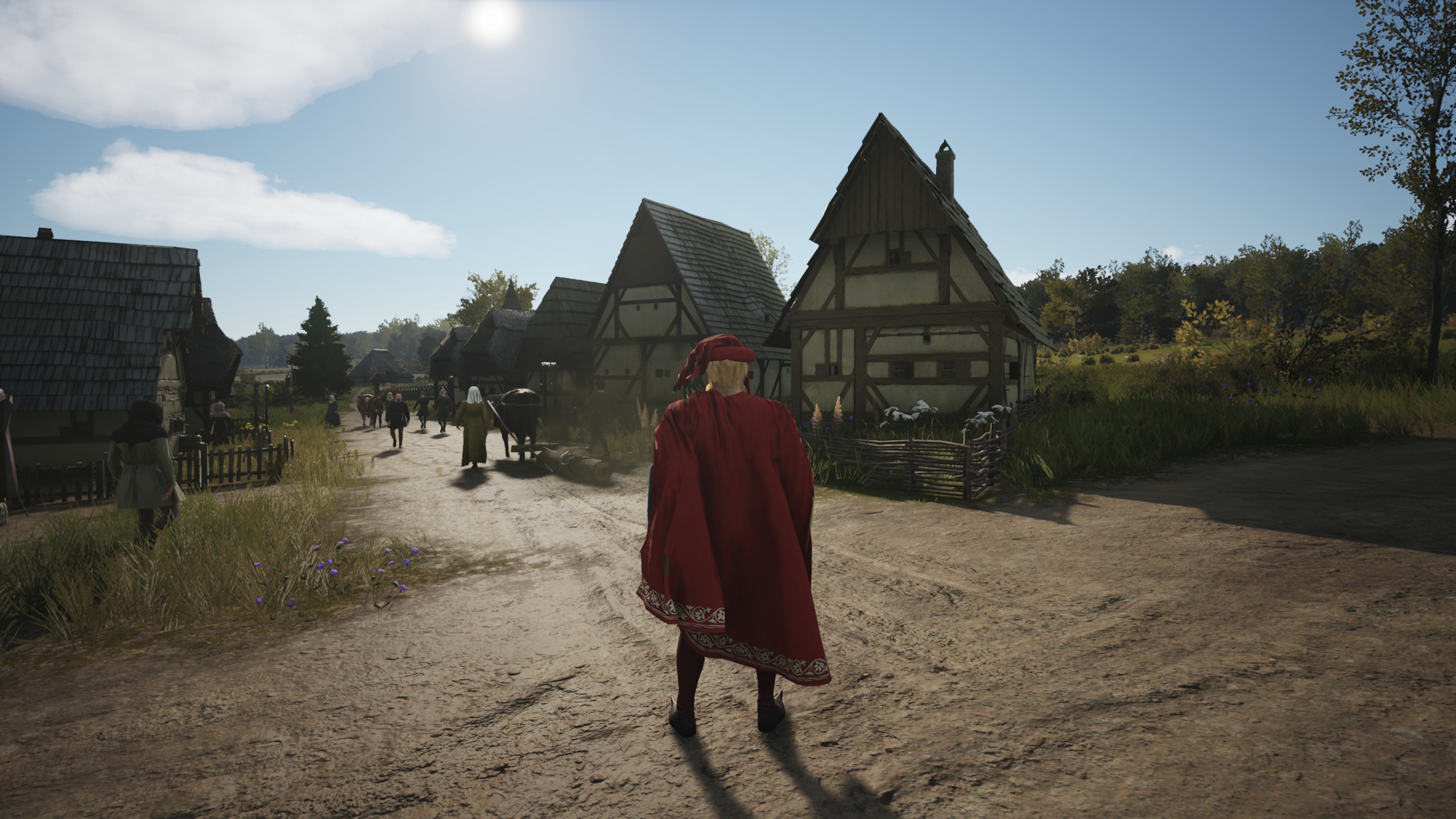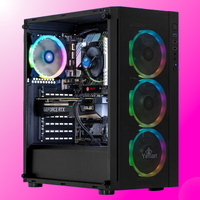Manor Lords seems surprisingly stable for an early access game, and the developer says: '99% crashes so far are old drivers'
Manor Lords appears to be a pretty stable game, even in early access, but what crashes there are are reportedly caused by old drivers.

The game of the moment? The medieval city builder, Manor Lords, of course. The game burst into early access over the weekend and has so far sold over one million copies on Steam. Moreover, it reached a high point for strategy games at over 170,000 players playing at once. With figures like that, for a game in early access, I've come to expect reports of performance issues. Yet there have been surprisingly few. Of those, the developer says, most ending up in a system crash are the result of outdated drivers.
"99% crashes so far are old drivers. And when people say 'I updated the drivers', I check logs and see old drivers," the Manor Lords official account says on X.
All three GPU manufacturers have released driver packages with optimisations for Manor Lords:
- Nvidia GeForce Game Ready driver version 552.22, available to download since April 16
- AMD Radeon Adrenalin version 24.4.1, released on April 25
- Intel Arc driver version 31.0.101.5445, released on April 24
Nvidia, AMD, nor Intel list any specific performance increases in Manor Lords with the latest driver packages, but that's no reason not to upgrade. If your drivers are any older than those listed above, you'd best update for the smoothest experience.
Though there are other causes for crashes in Manor Lords, as noted by the developer. That 99% phrasing is surely hyperbole, then. The developer also notes AMD's upscaling technology FSR (FidelityFX Super Resolution) being enabled for those with older GPUs may cause issues. FSR is currently enabled by default, and you can disable it from the game's settings menu. But if you can't even get that far, the second best way to disable it is by tweaking the Settings.ini file located in the game's folder in AppData, which is located in your user folder.
C:\Users\[Username]\AppData\Local\ManorLords\Saved\Config\WindowsNoEditor
Open that file with a text editor, even the Notepad app will do, and remove the line in there to prevent FSR being used on game boot.
Keep up to date with the most important stories and the best deals, as picked by the PC Gamer team.

This issue will reportedly receive a fix with a future update.
FSR should be a boon to performance, as an upscaling technology designed to render the game at a lower resolution and make up the detail using its own clever algorithm. But how well it plays on older GPUs all depends on the game. If you are already seeing decent performance on an older GPU in a given game, chances are FSR might help you push your frame rate a bit further. However, if you cannot reach a decent frame rate without FSR, the technology doesn't often help much.
Speaking of which, there are threads over on Reddit that suggest Manor Lords is fairly easy-going on older and entry-level graphics cards. One poster says they're seeing decent performance out of the early access game at 1440p on a GTX 980 Ti, which was a great card back in its day, but is getting on a bit now. Another says they're seeing solid 1080p performance on a mobile GTX 1660 Ti.
Those are just a few anecdotal reports to go from, but there aren't many complaints about performance to go off. Flicking through the game's reviews on Steam, some comment on how stable the game is, in fact. In our experience so far with the game, performance hasn't really ended up on anyone's radar. It's been working just fine for us even on Intel's Arc A770, a card not known for its historical stability. The worst I've come across is a thread with a handful of players complaining the game makes their PC turn off, which is admittedly quite a serious concern, but does not appear to be affecting a huge number of players.
Manor Lords system requirements are "mercifully modest", which might go some way to explaining why it's running smoothly on plenty of systems.
Best gaming PC: The top pre-built machines.
Best gaming laptop: Great devices for mobile gaming.

Jacob earned his first byline writing for his own tech blog. From there, he graduated to professionally breaking things as hardware writer at PCGamesN, and would go on to run the team as hardware editor. He joined PC Gamer's top staff as senior hardware editor before becoming managing editor of the hardware team, and you'll now find him reporting on the latest developments in the technology and gaming industries and testing the newest PC components.


